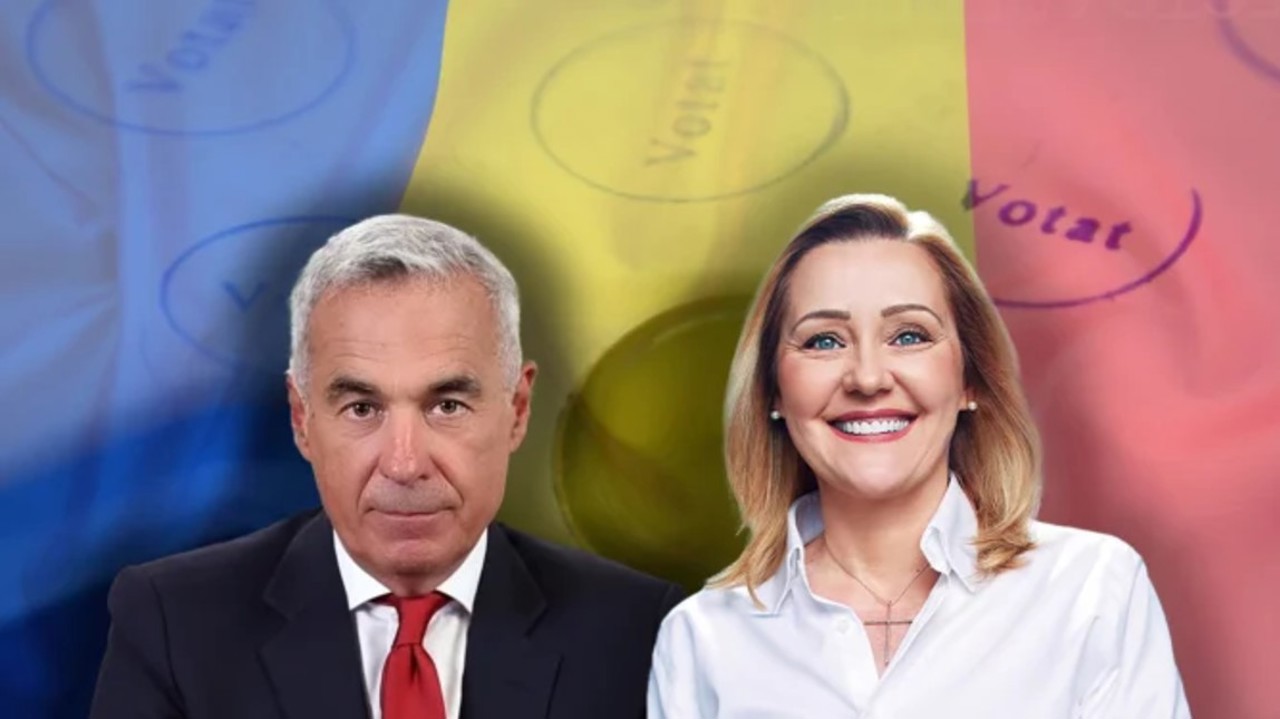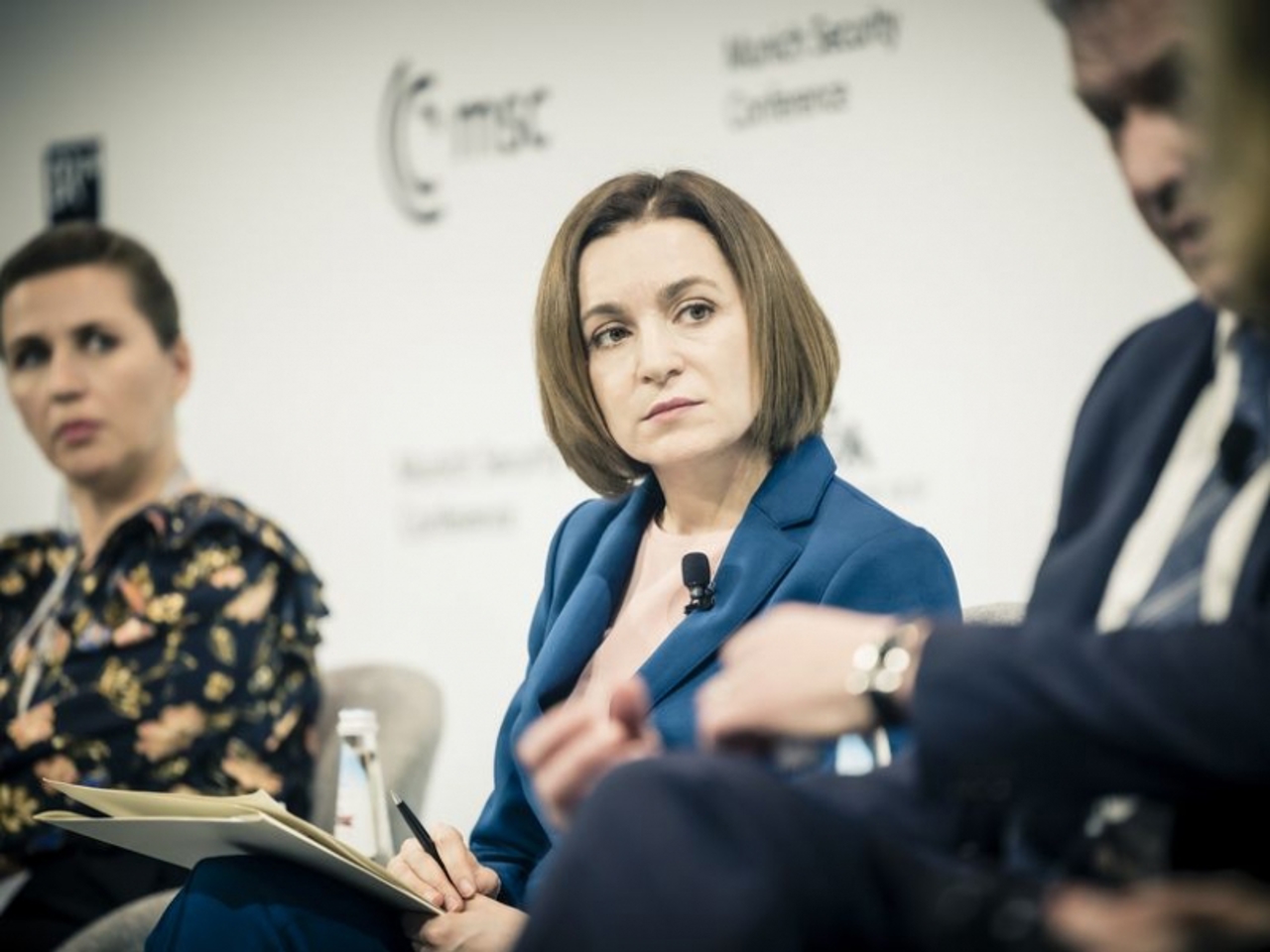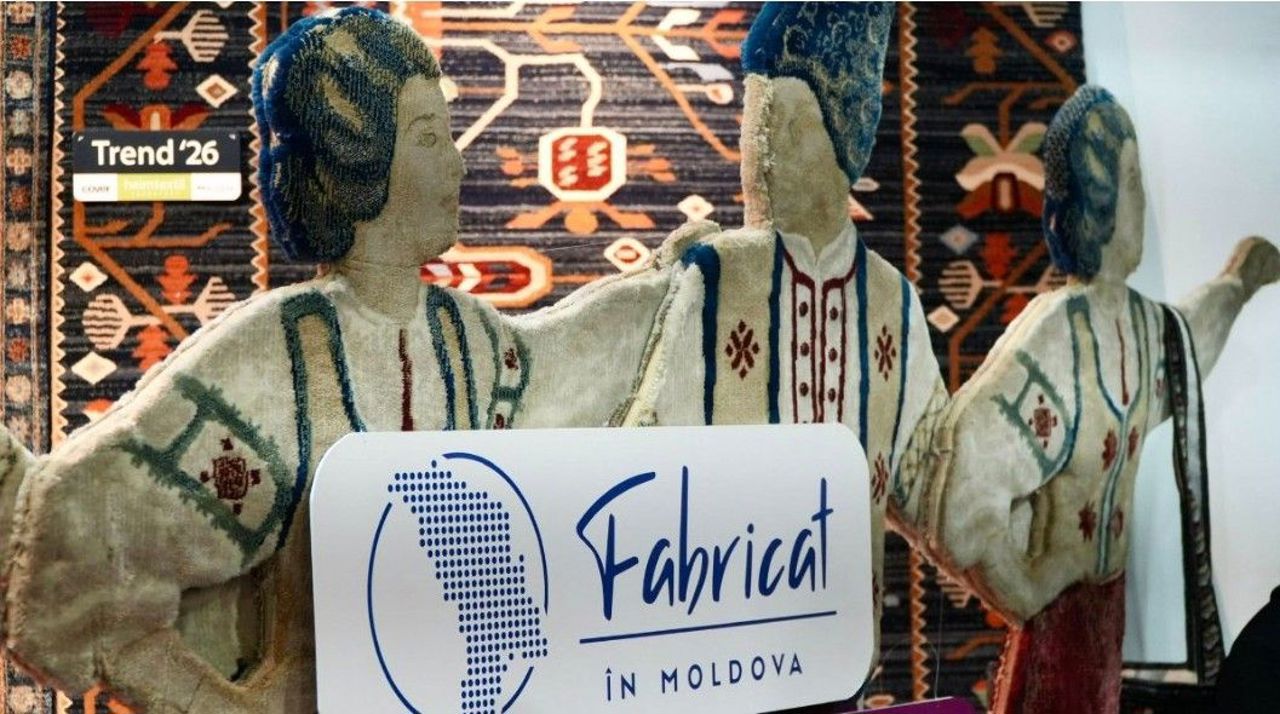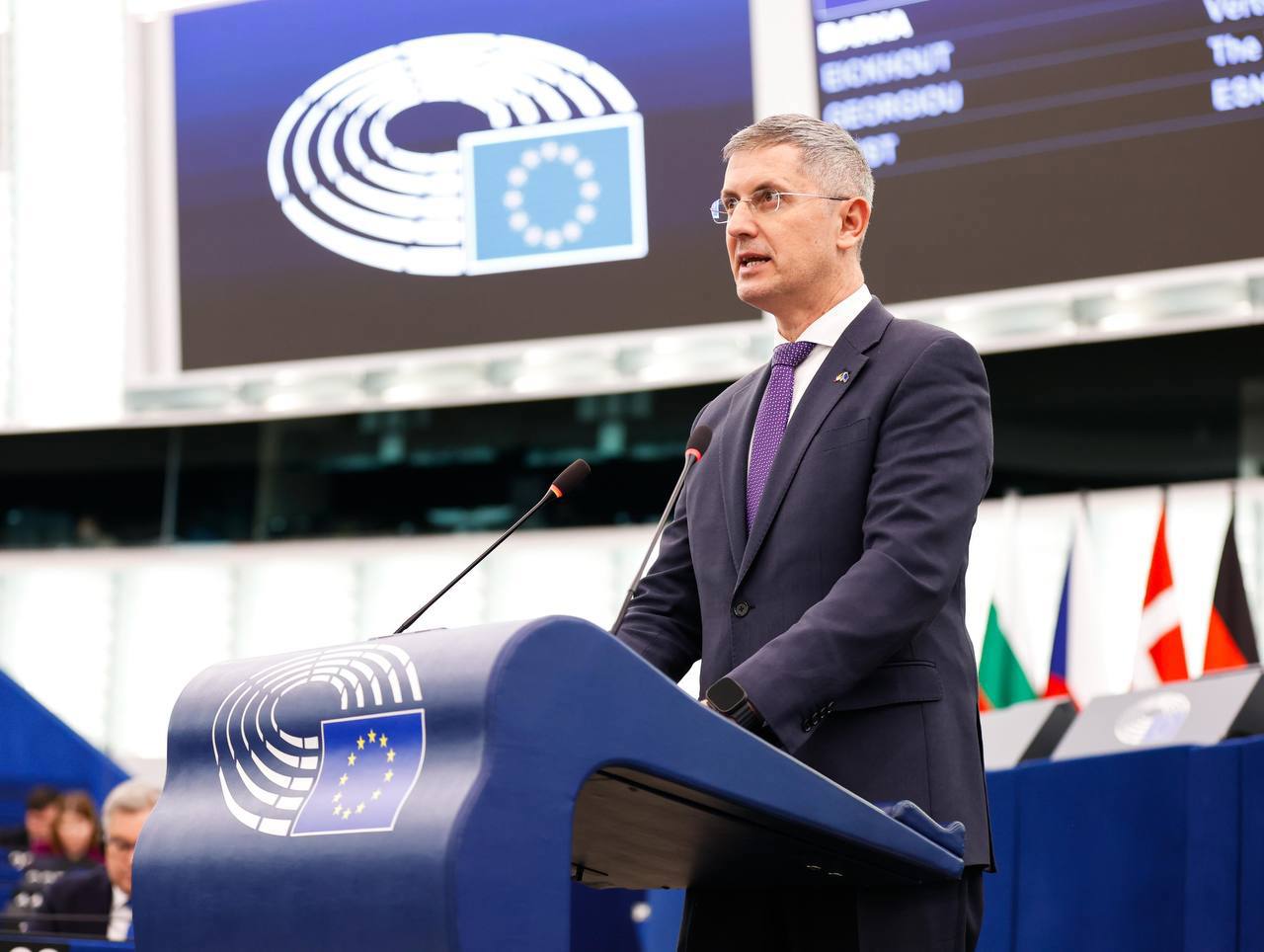How disinformation fueled a pro-Russian rise in Romania's election
Călin Georgescu is described as "a man of the Russians" and undeniably a creation of the Romanian intelligence services, which are allegedly influenced by radical ultranationalists, some of whom are agents of Moscow.

This assertion was made during the "IN CONTEXT" program by Cătălin Avramescu, Director of the Institute of Political Science and International Relations of the Romanian Academy, who criticized the responsible institutions for their inaction. In the same broadcast on Moldova 1, Nicolae Negru, an editorialist for Ziarul Național (The National Newspaper), speculated that Russian secret services might have been involved in financing Georgescu's campaign.
Cătălin Avramescu stated that Călin Georgescu is "a man of the Russians and undeniably a creation of the Romanian intelligence services." "I speak with documentation: there have been cases where military or intelligence units contributed funds. I suspect that Romanian intelligence services have been infiltrated by radical ultranationalists, some of them agents of Moscow. In Romania, we have laws against Legionary propaganda, yet institutions sweep these issues under the rug, claiming they will investigate."
Regarding the idea that Romanian voters cast a protest vote, the analyst explained that, in reality, they failed the test of electoral intelligence. "Romanian society voted for a pro-Russian figure because it does not know who Călin Georgescu is, aside from what is seen on social media, which reveals no source of income or campaign expenses. It is suspicious that no state institution lifted a finger. Is it not clear they were ordered to stay silent? The result is evident. We are now paying the price for 35 years of neglecting the education system. Nevertheless, the majority of Romanians are Euro-Atlantic in orientation, looking to the West and clearly understanding the sources of stability, democracy, and investment."
In the same broadcast, Ziarul Național editorialist Nicolae Negru stated that while Avramescu accuses Romanian intelligence services, he suspects Russian secret services might also be involved in financing Georgescu's campaign. "As for TikTok, 6,000 bots were identified promoting him, and he spent no money on his campaign. This indicates that someone else paid for him. I believe this matter warrants investigation in Romania, yet no one has addressed it. Romanians living in European countries should ideally be more resistant to propaganda, while for citizens of the Republic of Moldova, Georgescu—who sympathizes with Putin and claims he would not assist Ukraine—can only be seen as an adversary, complicit in war crimes."
IT expert Artur Gurău explained that people spend significantly more time on social media, and older individuals, who lack media literacy, are the most active users on platforms like TikTok. These individuals amplify posts spreading disinformation. "In Europe, Moldova, and Romania, there is a clear polarization between progressive-liberal and traditional-conservative groups. Oversaturation in digital spaces means that anything distinctively different tends to go viral. The major mistake is assuming that most digital consumers are young people, whereas the most active users are, in fact, the elderly. Those with well-developed media literacy rarely like, share, or comment. However, those who fail to recognize the potential for disinformation are the ones amplifying these posts the most."
After the votes from all polling stations in Romania and abroad were tallied, independent candidate Călin Georgescu ranked first, securing 22.94% of the votes, followed by Elena Lasconi (USR) with 19.18%, and Marcel Ciolacu (PSD) with 19.15%. The difference between Lasconi and Ciolacu was just 2,742 votes.
Translation by Iurie Tataru





